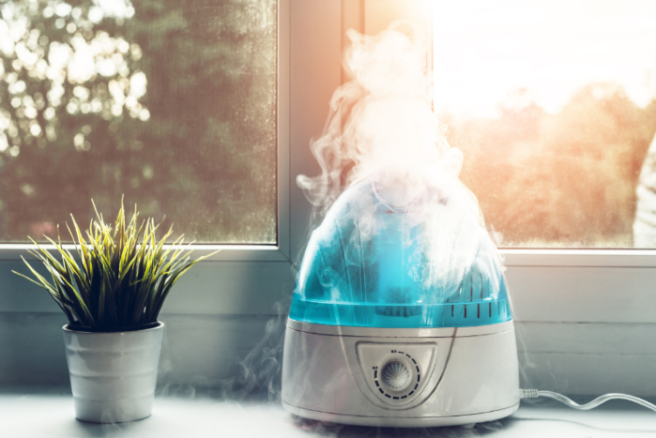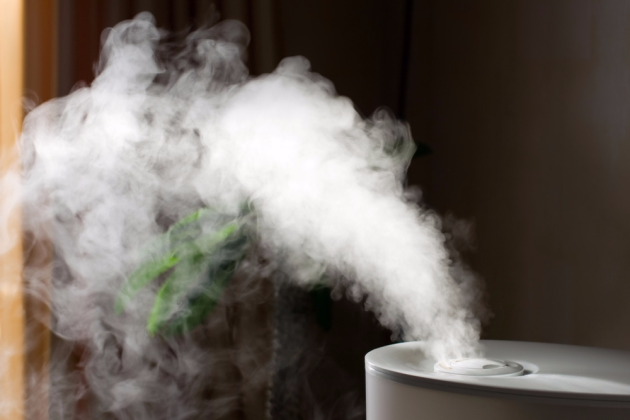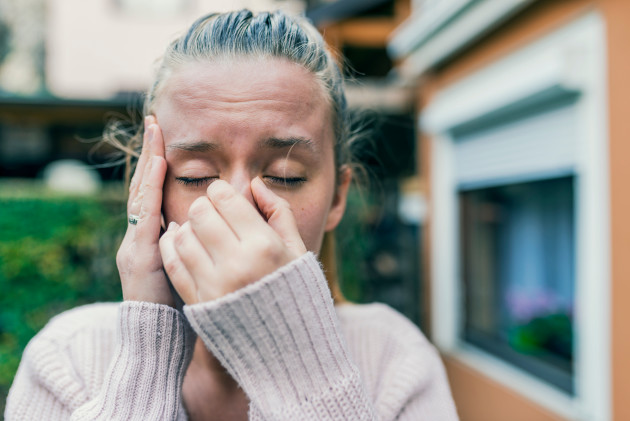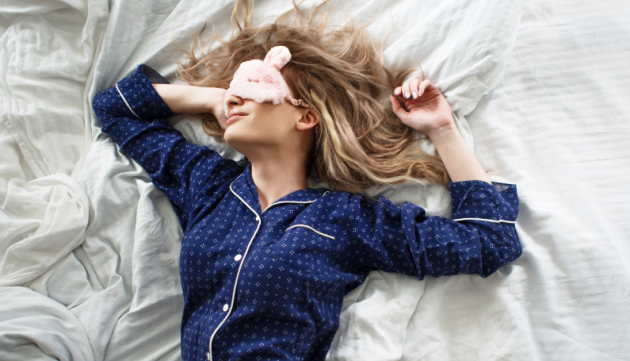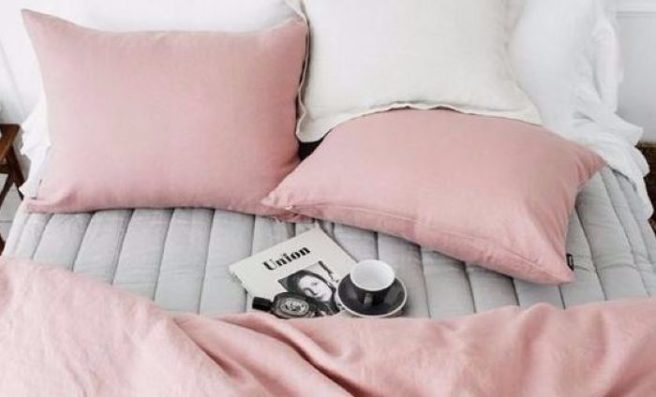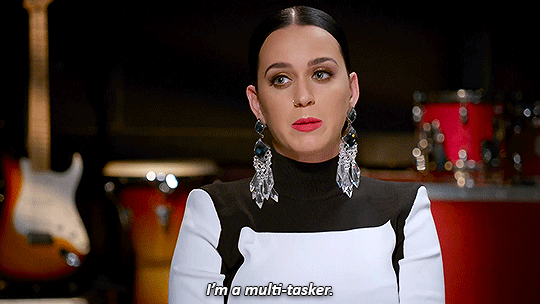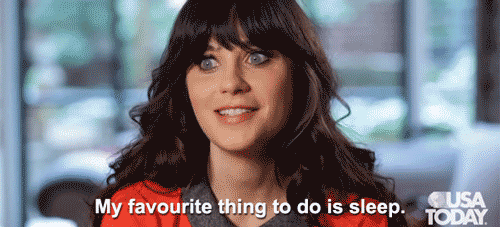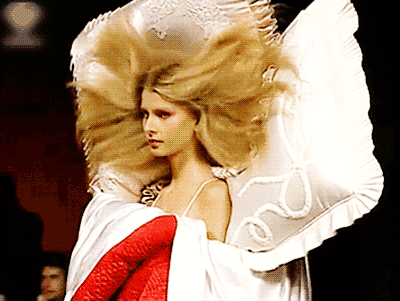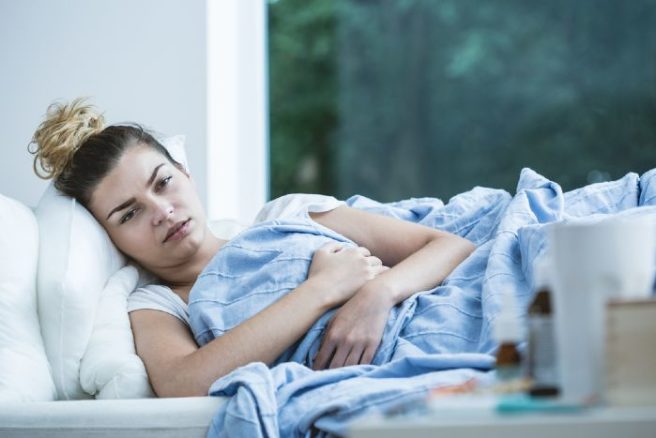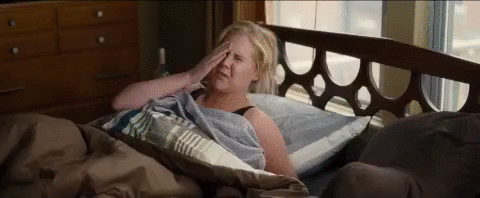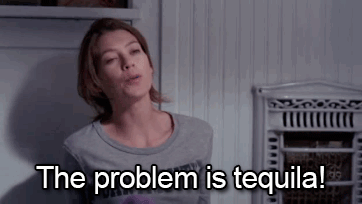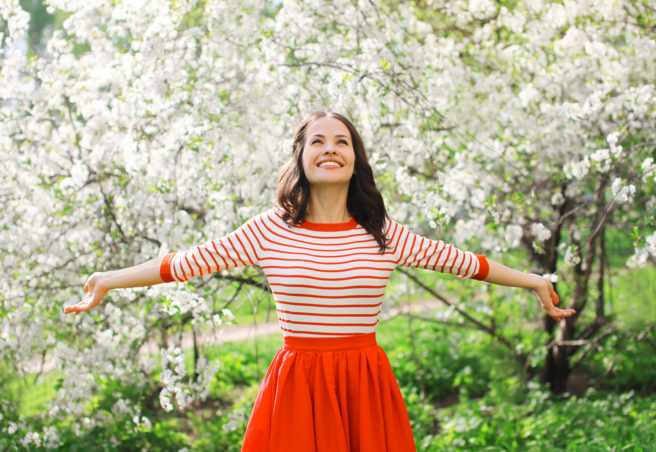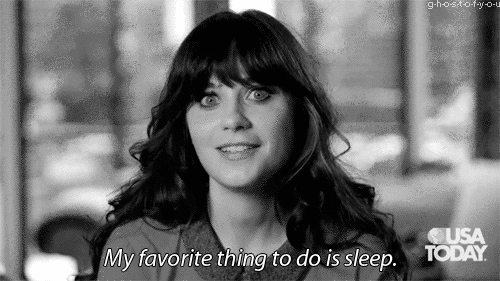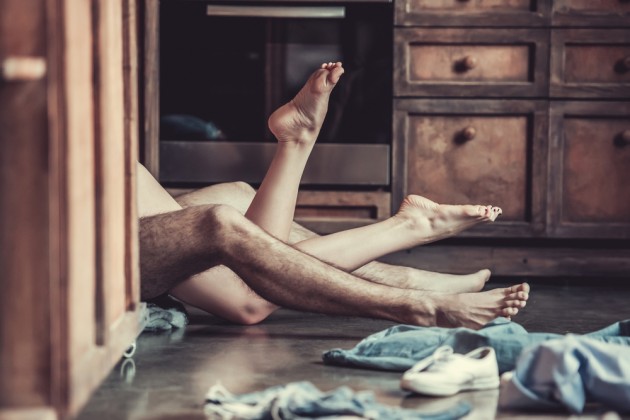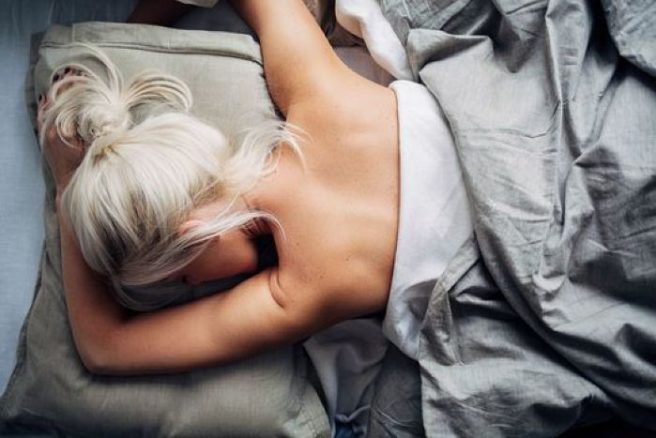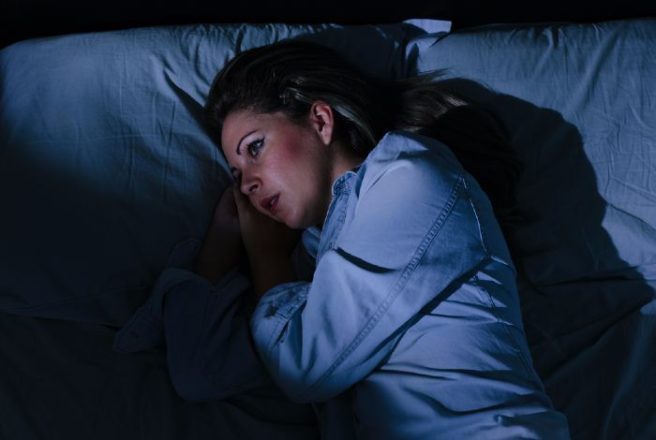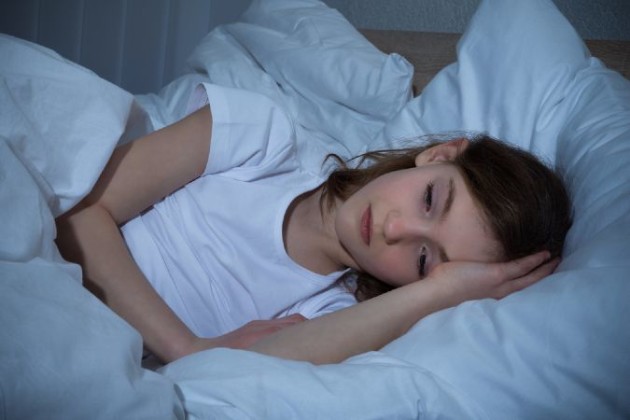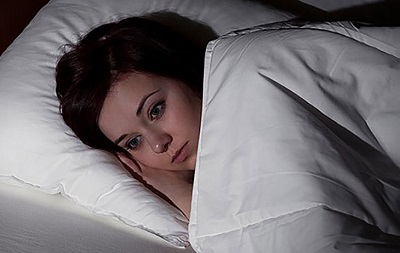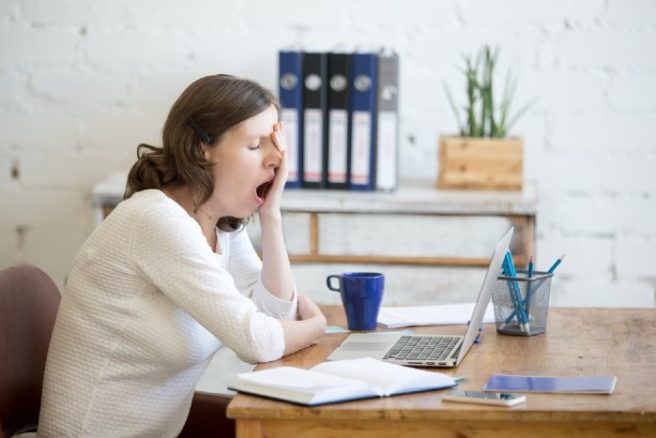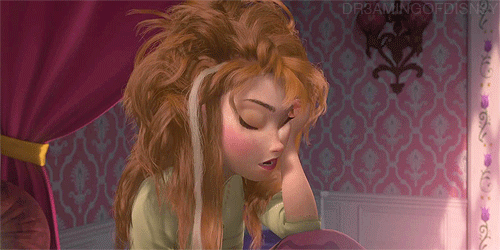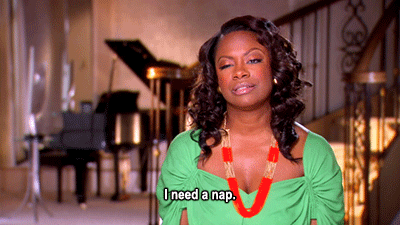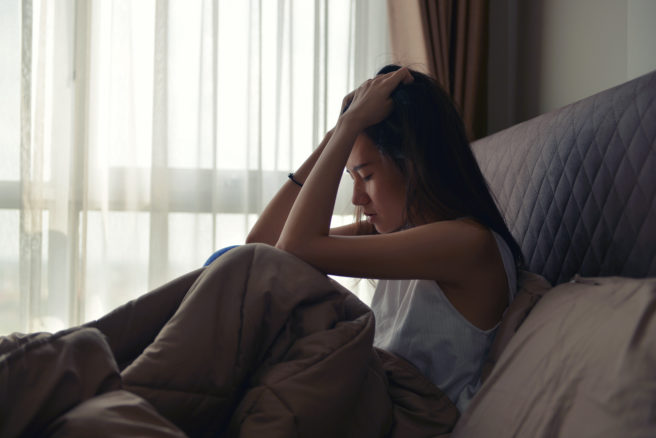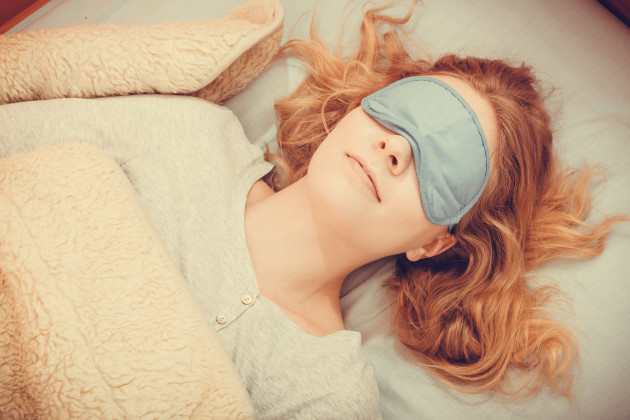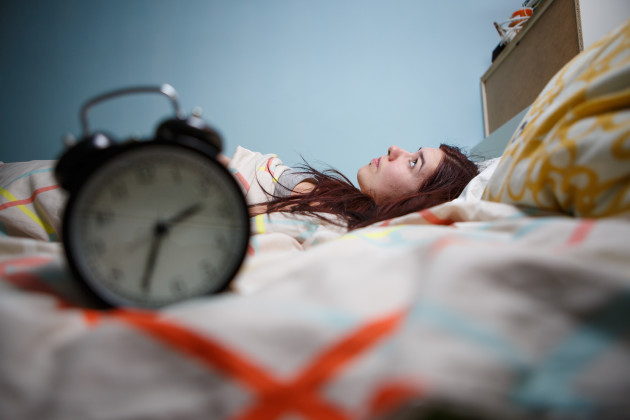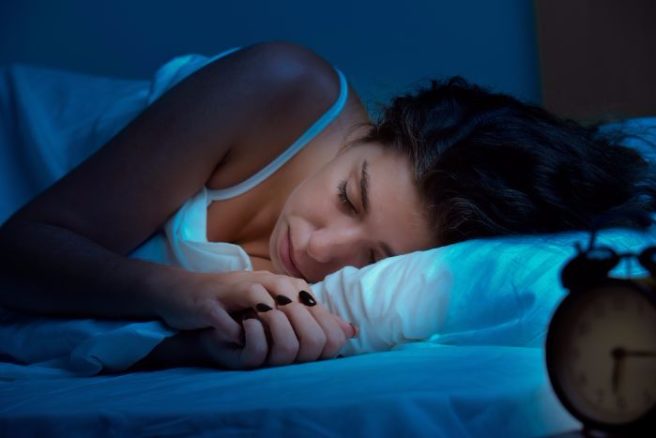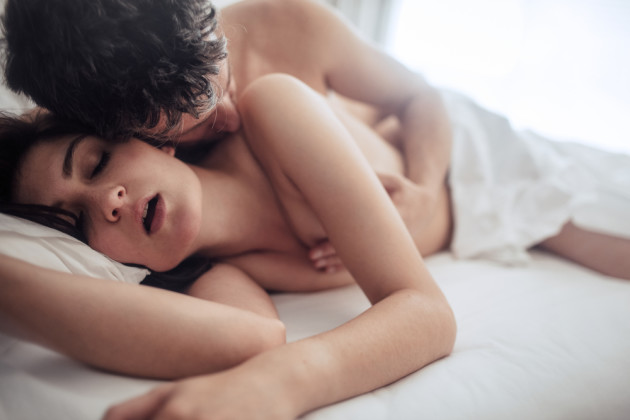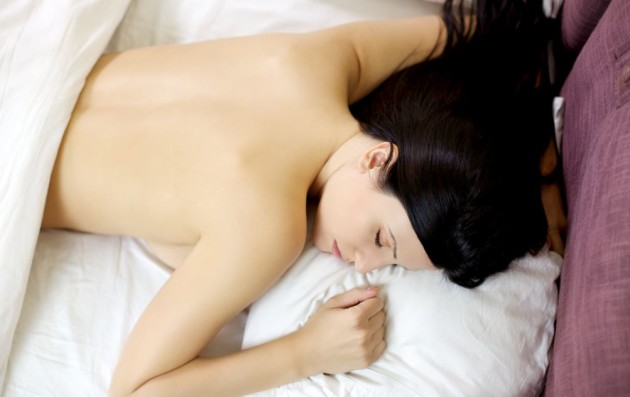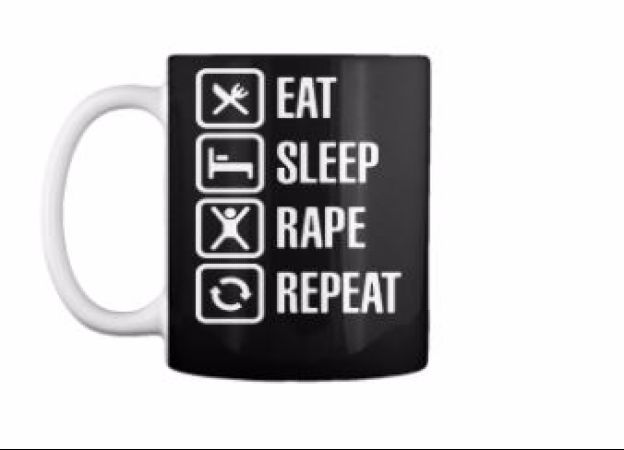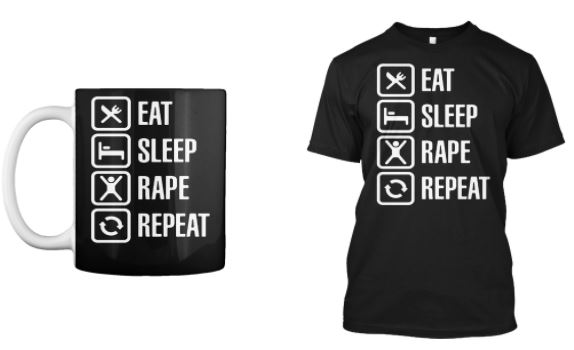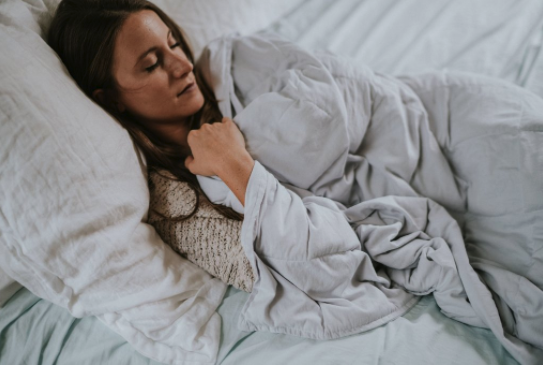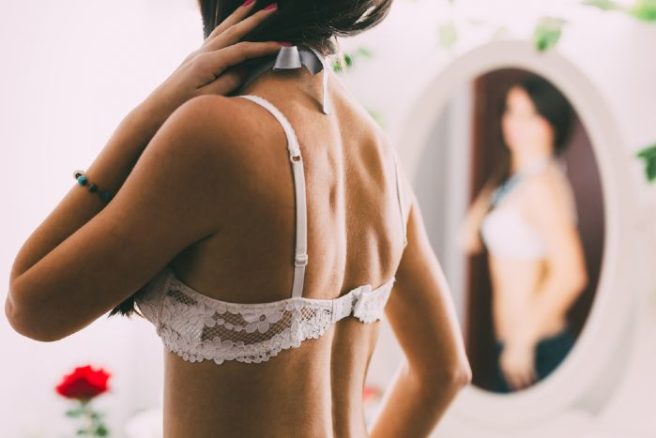
So, here’s what ACTUALLY happens when you sleep with your bra on
There’s one debate that has been dividing women for generations – bra on or bra off when it comes to sleep?
Some of us spend our evening commute dreaming of the moment we finally get to take the damn thing off while others can wear them for 24 hours straight and barely notice they’re there. (Sorry, but how?)
Either way, we finally have an answer to this age-old question.
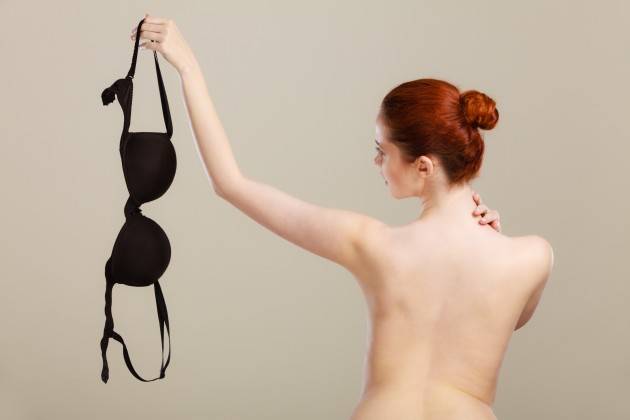
According to Mia Talmor, a plastic surgeon at the New York Presbyterian Hospital, neither option is necessarily better than the other.
However, she did confirm that, contrary to popular belief, there is no evidence that wearing a bra to bed will prevent your boobs from sagging.
She told SELF: “Bras are designed to help with vertical positioning. But when you’re lying in bed, you need more horizontal support.”
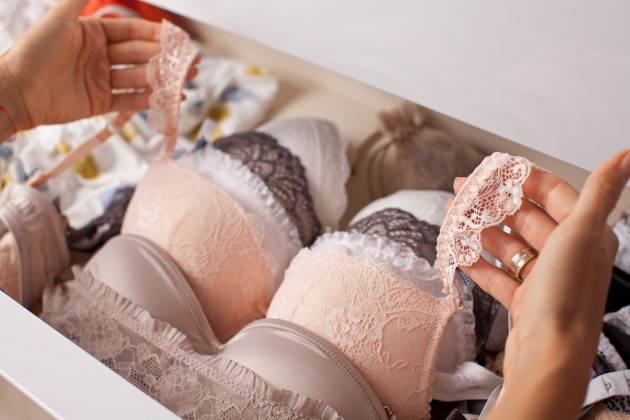
However, if you still insist on wearing a bra while sleeping, it is important to get the fit just right.
Plastic surgeon, Matthew Schulman also spoke to SELF, and recommended women wear ‘’a supporting bra made of breathable fabric that does not have padding or underwire’’ while sleeping.
He warned of the possible effects wearing a tight fitting bra could have on your health:
‘Wearing a bra that is too tight can inhibit flow of lymphatic fluid, this can cause lymphedema (swelling) of the breasts, which can lead to pain and some temporary skin discoloration.’
And let’s be real, that doesn’t sound great.







